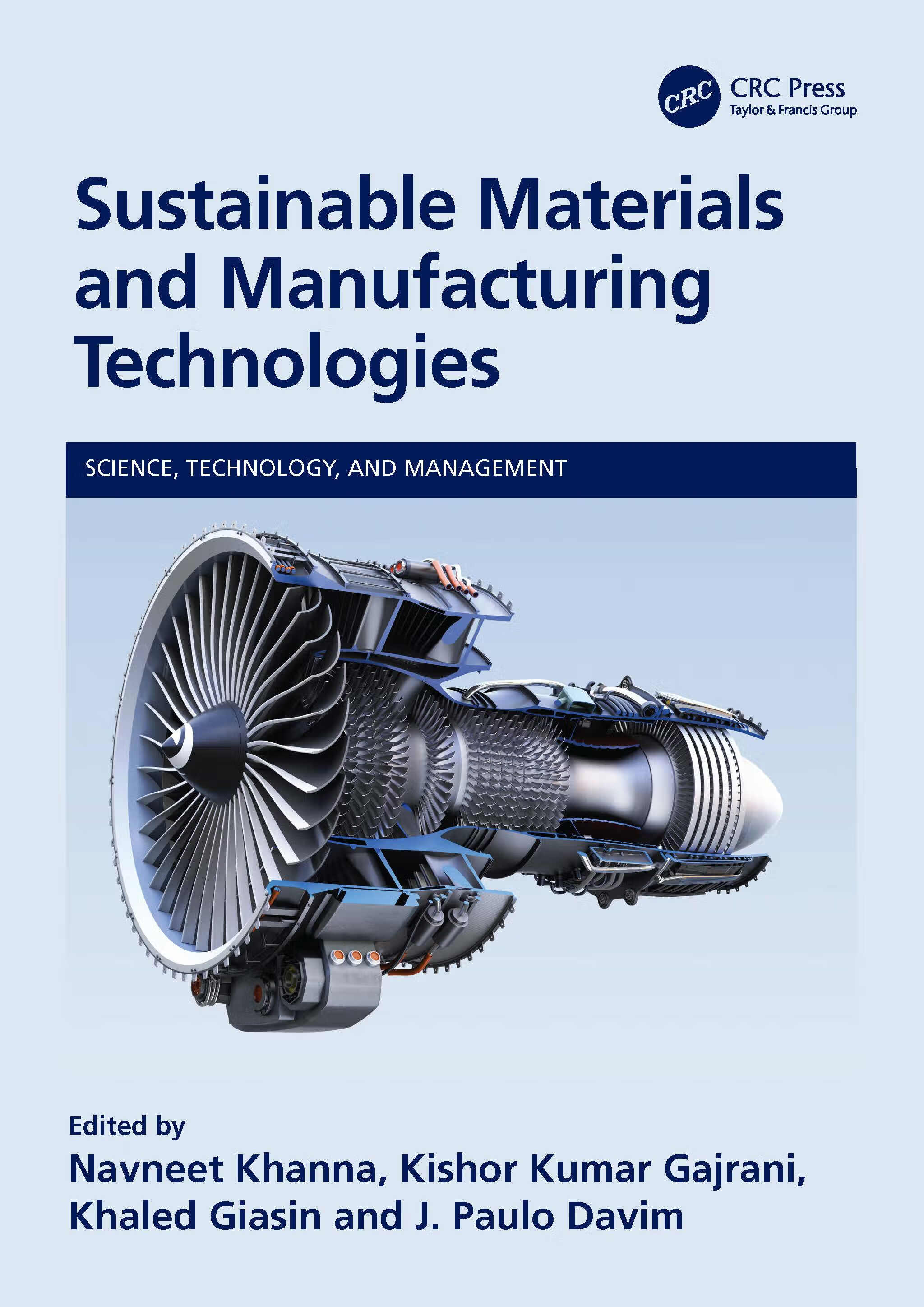|
Biotechnology, the application of biological processes and organisms to develop products and technologies, has witnessed remarkable advancements in recent years. This cutting-edge field brings together various disciplines such as genetics, molecular biology, biochemistry, and engineering to address challenges in healthcare, agriculture, environmental sustainability, and more. In this article, we will explore some key areas where biotechnology is revolutionizing the future. Healthcare Breakthroughs: Biotechnology has significantly impacted the healthcare industry by enabling breakthroughs in disease diagnosis, treatment, and prevention. Genetic engineering techniques have allowed scientists to develop novel therapies like gene editing, gene therapy, and personalized medicine. These advancements offer hope for previously incurable diseases by targeting specific genetic mutations responsible for the condition. Additionally, biotechnology plays a critical role in the production of vaccines, antibodies, and diagnostic tests, as demonstrated during the recent COVID-19 pandemic. Agricultural Innovations: The world's growing population presents a challenge to global food security. Biotechnology offers solutions through genetically modified organisms (GMOs) that enhance crop yield, pest resistance, and nutritional content. Genetic engineering enables the development of drought-tolerant and disease-resistant crops, reducing the reliance on chemical pesticides and increasing agricultural sustainability. Furthermore, biotechnology is being used to improve livestock breeding techniques, resulting in healthier and more productive animals. Environmental Sustainability: Biotechnology plays a crucial role in addressing environmental challenges. One notable application is the use of microbial bioremediation, where microorganisms are employed to degrade pollutants and clean up contaminated sites. This approach offers a cost-effective and environmentally friendly alternative to traditional remediation methods. Biotechnology also contributes to renewable energy production through biofuels derived from plant biomass or algae. These sustainable energy sources reduce reliance on fossil fuels and mitigate climate change impacts. Industrial Applications: Biotechnology has revolutionized various industries, including pharmaceuticals, chemicals, and textiles. Through bioprocessing techniques, such as fermentation and enzyme engineering, valuable compounds like antibiotics, enzymes, and bio-based materials can be produced efficiently and sustainably. This shift towards bio-based production reduces reliance on petrochemicals, minimizing environmental impact and promoting a circular economy. Ethical Considerations: As biotechnology continues to advance, ethical considerations become increasingly important. Balancing the potential benefits with social, cultural, and environmental impacts is crucial. Robust regulations and responsible practices are essential to ensure the safe and ethical development and use of biotechnological innovations. In conclusion, biotechnology is revolutionizing various aspects of our lives, from healthcare and agriculture to environmental sustainability and industrial applications. The continued advancements in this field hold immense promise for solving some of the most pressing challenges facing humanity. However, it is paramount to approach these innovations with caution and address the associated ethical considerations to create a sustainable and equitable future.  |
